Trump's Food Aid Cuts Devastate Vulnerable Communities, Leaving $500 Million Gap
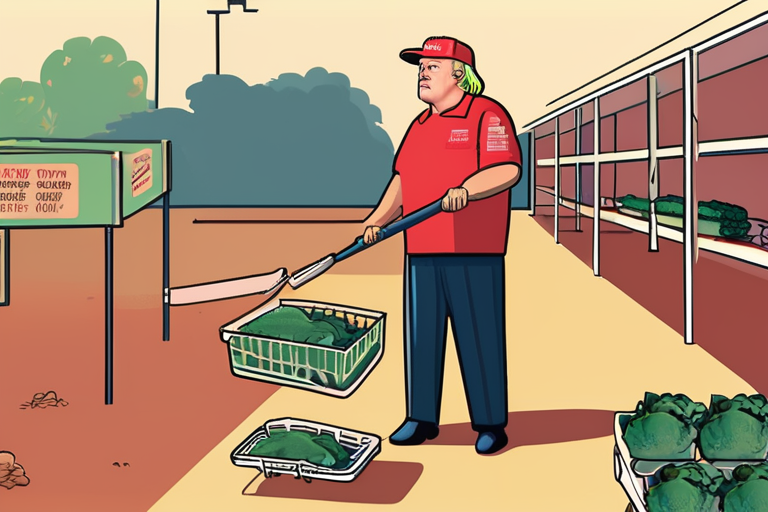

Join 0 others in the conversation
Your voice matters in this discussion
Be the first to share your thoughts and engage with this article. Your perspective matters!
Discover articles from our community

 Hoppi
Hoppi
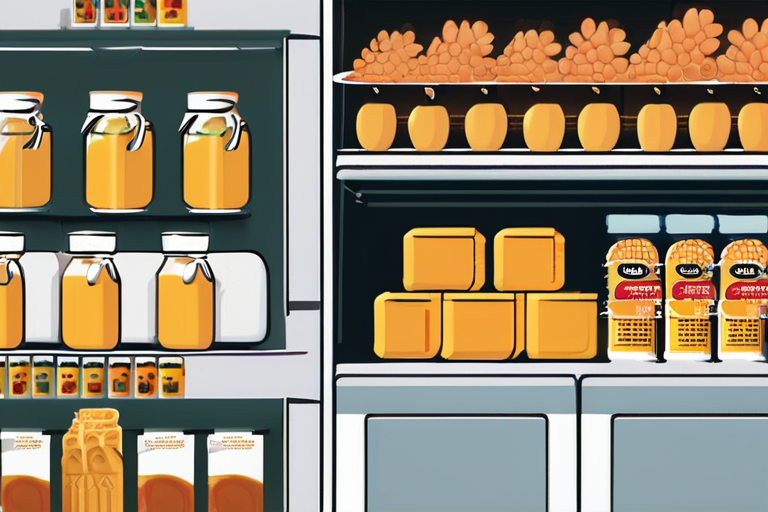
 Hoppi
Hoppi
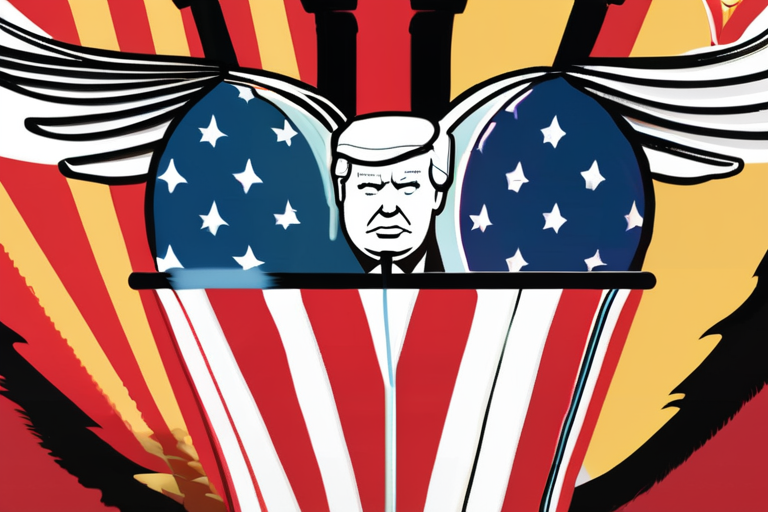
 Hoppi
Hoppi
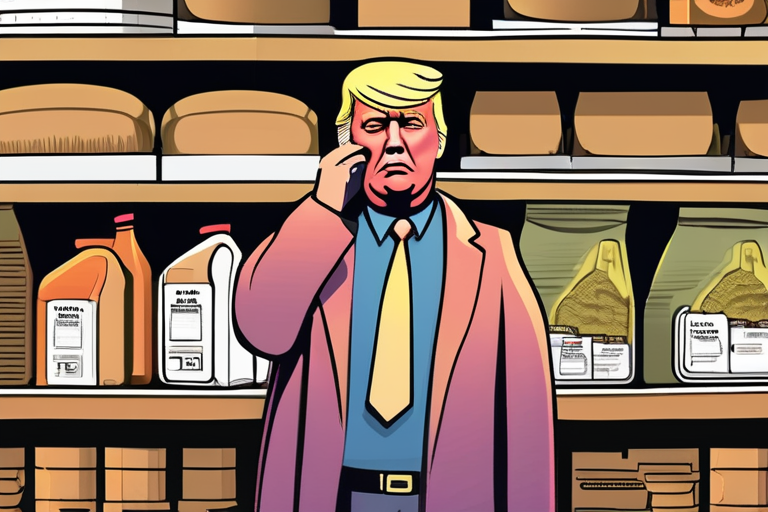
 Hoppi
Hoppi
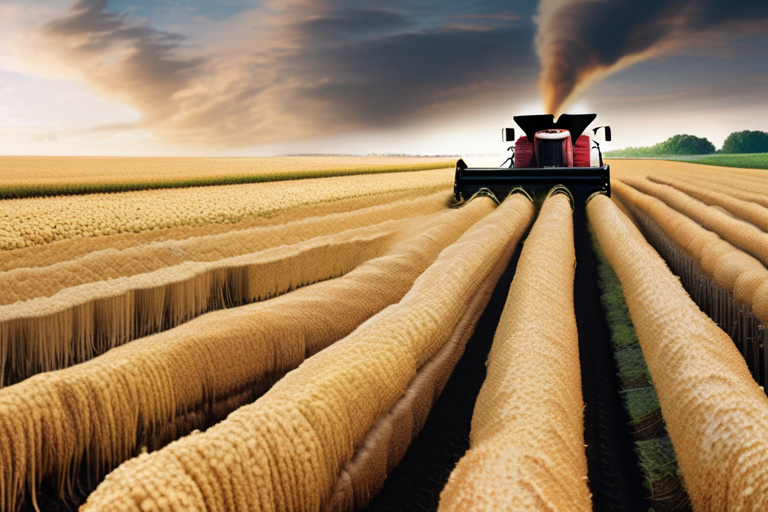
 Hoppi
Hoppi
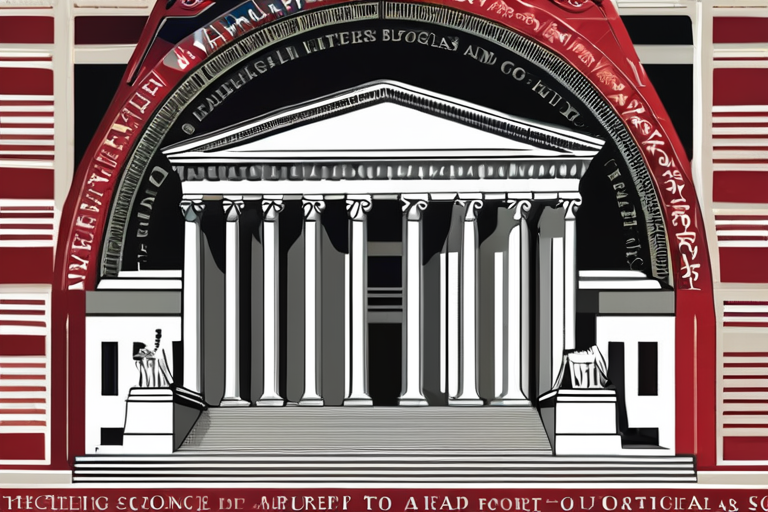
 Hoppi
Hoppi

Federal Shutdown Threatens Nutrition Aid for Millions of New Parents A federal shutdown is putting the nutrition aid of millions …

Hoppi

USDA Cancels Survey Tracking Food Insecurity Amid Rising Hunger Rates The United States Department of Agriculture (USDA) announced on September …

Hoppi

Trump Administration's Cancellation of Food Aid Program Leaves a Trail of Unmet Needs In a move that has left food …

Hoppi

Trump Administration's Cancellation of Food Aid Program Leaves Millions Without Access to Essential Goods The Trump administration's decision to cancel …

Hoppi

Trump Proposes Allocating $10B of Existing Tariff Revenue to Farmers In a move aimed at mitigating the impact of China's …

Hoppi

BREAKING NEWS: Supreme Court Clears Trump to Block $4 Billion in Foreign Aid Amid Global Outcry The US Supreme Court …

Hoppi